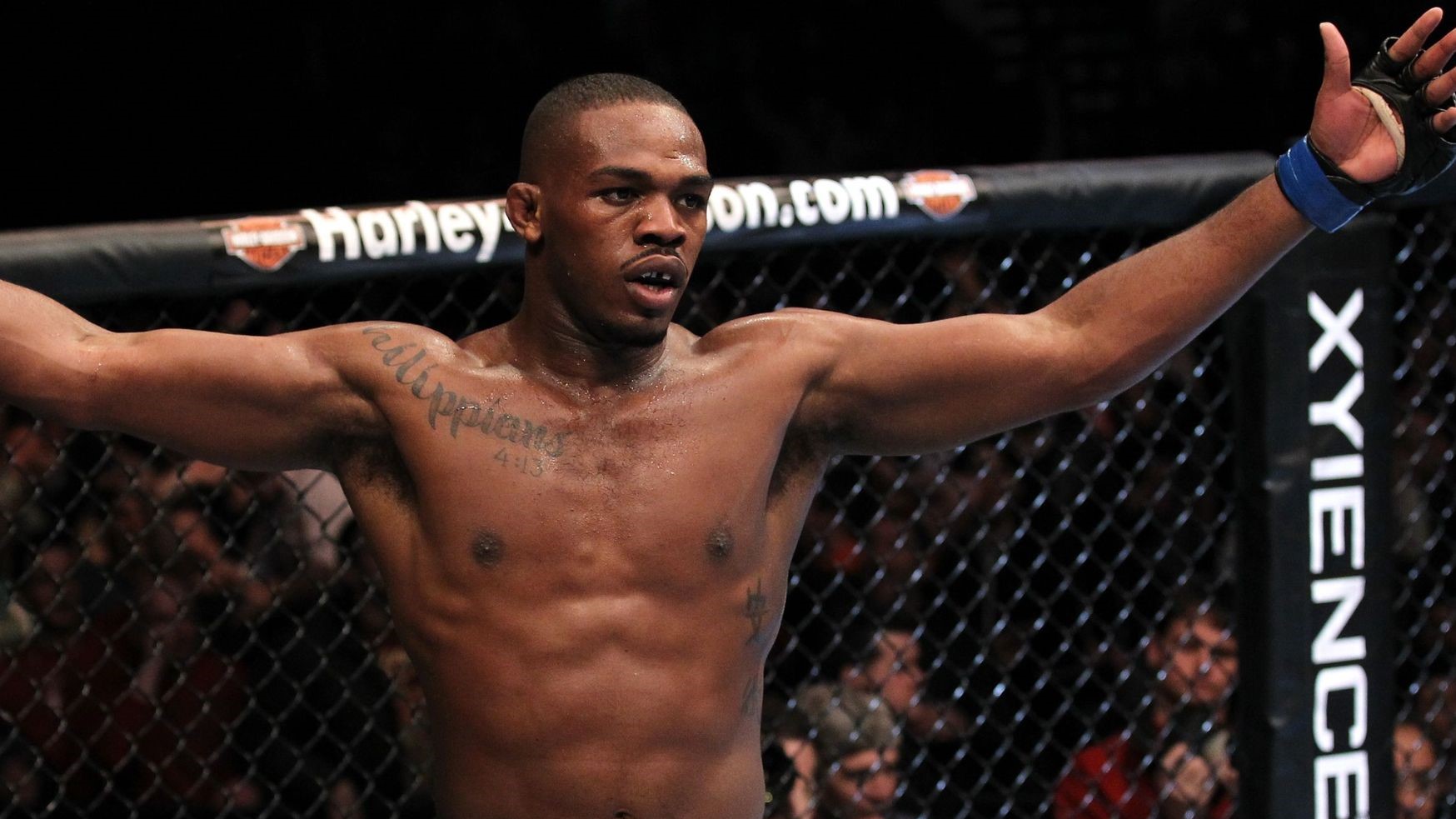The mixed martial arts organization revealed its new Anti-Doping Policy for fighters, which went into effect on December 31, 2023, in a recent press release—just in time for anyone who might have been sweating through their last post-fight “snack.”
Hunter Campbell, UFC’s Chief Business Officer, proudly stated, “Our goal with the Anti-Doping Policy is to be the best, most effective, and most progressive anti-doping program in all of professional sports.” He added, “We’re proud of the progress we’ve made over the past eight years. With this new iteration, UFC continues to raise the bar for health and safety in combat sports, because, after all, nothing says ‘safety’ like a sport where people punch each other in the face for a living!”
Jeff Novitzky, UFC’s Senior Vice President of Athlete Health and Performance, echoed this sentiment, stating, “This latest Anti-Doping Program is the culmination of years of input, trial, and error. Our anti-doping policy is a living, breathing document—much like the fighters in the Octagon after a long five-rounder—and it will continue to evolve as science supports new changes to protect our athletes.”
The UFC isn’t alone in this shift, with other major leagues also rethinking their stance on cannabis. Major League Baseball (MLB) removed cannabis from their banned substances list in 2019 and even inked a deal with CBD company Charlotte’s Web in 2022. The NBA followed suit in July 2023, and the NFL has relaxed its THC threshold and offseason cannabis policies, because, let’s face it, sometimes you need a little help recovering from a 300-pound lineman.
As the UFC leads the charge in combat sports, it’ll be interesting to see which other major sports organizations will roll with the punches (or the joints) and follow suit.




